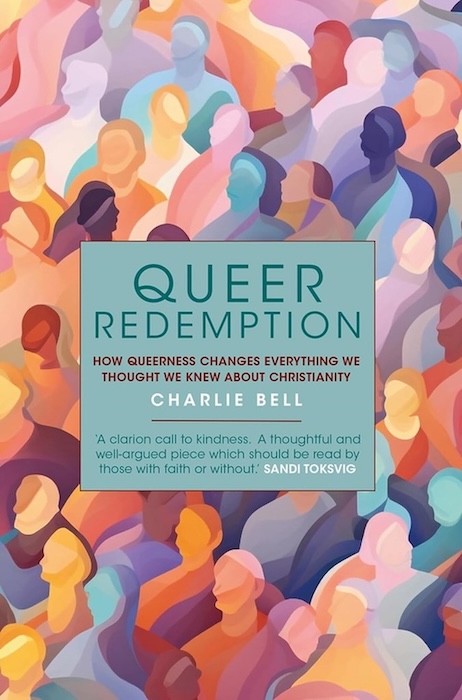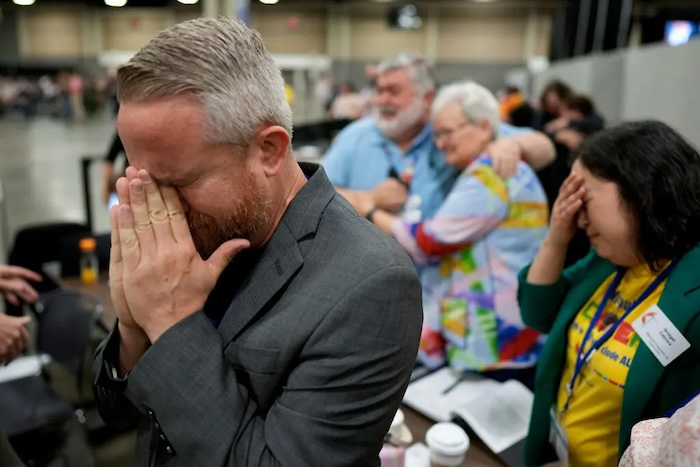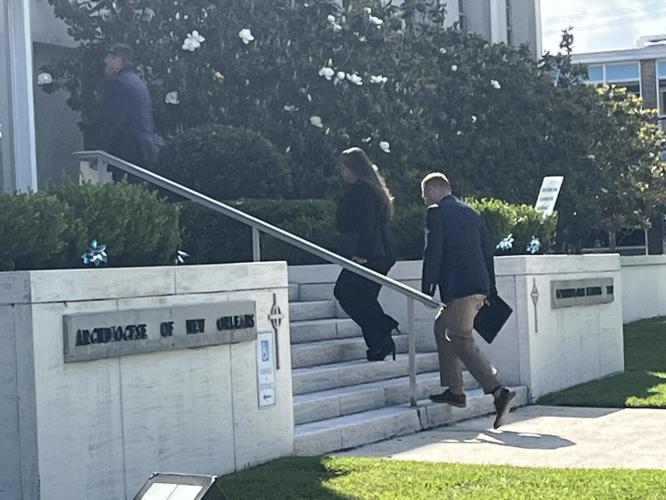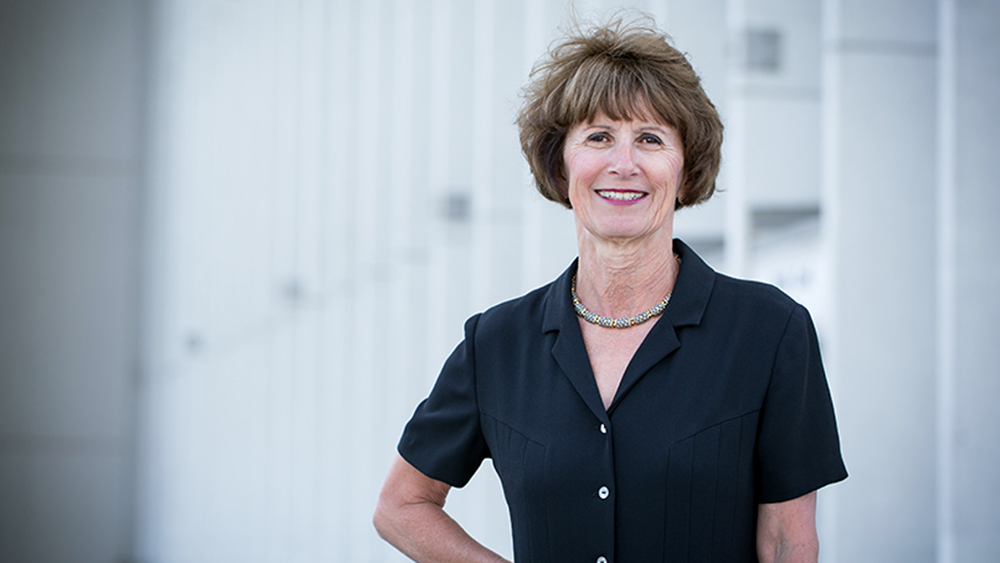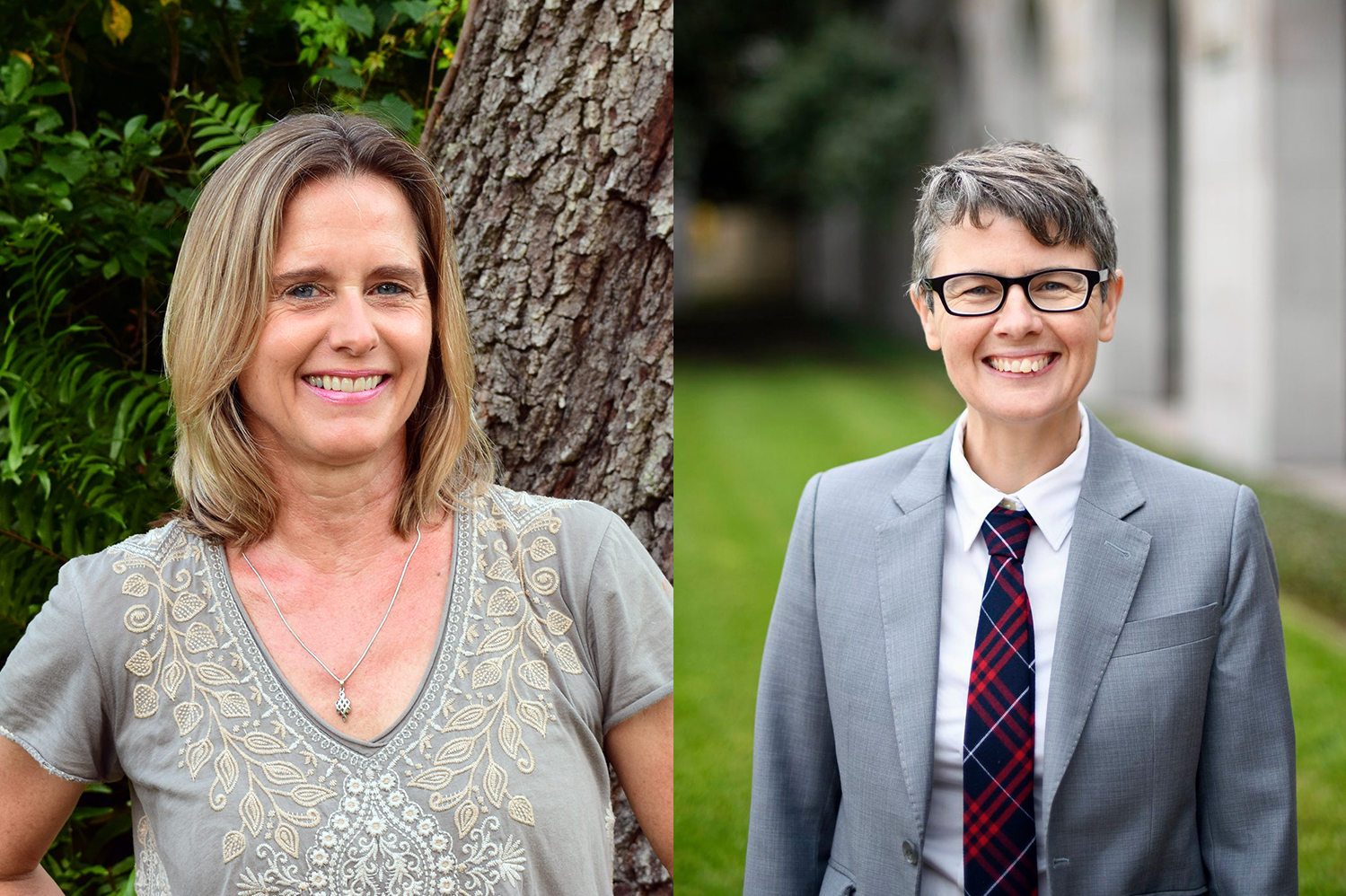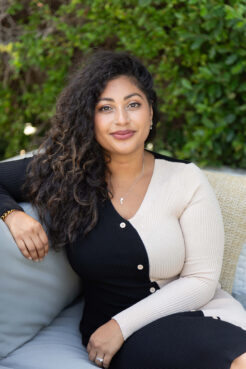
Over 35 years ago, when I became the director of a small but growing support group called SNAP, the Survivors Network of those Abused by Priests, I vowed to never “rank” the pain of any victim.
“It’s all horrific,” I told myself.
Every survivor is hurt differently and heals differently, I quickly realized, and nothing could be gained by assuming or believing that one was “hurt worse” or was “more vulnerable” than another. Though it may seem counterintuitive, I believe, a child who was groped over his clothing once may be just as traumatized as another child who was raped repeatedly.
The first real challenge to this belief came in the early 1990s when I heard from several adults who were sexually abused as children, not by Catholic clerics, but by fundamentalist missionaries working abroad in the developing world.
While their parents were out proselytizing, these “missionary kids” (as they called themselves) were in a foreign culture, far away from their home countries, watched over daily by largely untrained, completely unsupervised and tragically often predatory “dorm parents.” When some of the youngsters reported being violated, their parents couldn’t believe that other “good Christians” would or could commit such heinous crimes.
How isolated and utterly helpless these children were, I thought. Though I had already spoken with hundreds of survivors of clergy sexual abuse, I became convinced that these “missionary kids” had it “the worst.”
Then, a few months ago, my thinking was challenged again, when I heard from Kathleen Britt, an Idaho mom and former police officer. Her son suffered immeasurably and died prematurely after being gang-raped at a controversial, essentially unregulated and now-shuttered Christian facility in Missouri called the Agape Boarding School.
Last fall, she filed an unusual civil lawsuit against eight defendants who were associated with this “school” and who allegedly committed or concealed physical, emotional and sexual abuse there. Two dozen civil lawsuits against the place and its staff have been settled in recent years. Another dozen or more are pending.
Over the past few months, at least four other similar facilities in remote Missouri counties have generated headlines due to similar reports and allegations. There are several dozen schools like this in the state.
At one of them, three staffers have been arrested and criminally charged with kidnapping and other forms of child mistreatment.
And a few months ago, The Des Moines Register reported on similar accusations against four similar institutions in Iowa.
Now, I’m convinced that these boarding school kids — labelled “troubled” to begin and subjected to severe discipline, depravation and abuse — are indeed among the very most vulnerable and exploited children in institutional care, perhaps as much as or even more than “missionary kids.”
How many facilities and how many crimes are we talking about? Exact numbers are impossible to know. These facilities, like many religiously-affiliated institutions, need not register with state or local authorities. Most are subject to no real monitoring or even basic health and safety requirements (like complying with fire or building codes).
Some who run these “schools” pack up and move elsewhere whenever law enforcement begins to investigate. They are attracted to states like Missouri with even less oversight and even more aversion to alleged interference with religious practices and institutions.
This is why many child protection advocates argue that public schools are inherently safer than private schools. Law enforcement and fiscal authorities can more readily and easily audit and investigate public schools than private schools. Citizens and journalists can better gain access to records in public schools than private ones. Public school parents can attend and speak at school board meetings. Voters can oust board members, back other candidates and run for those positions themselves.
These “checks and balances” aren’t perfect. Kids are, of course, abused in public schools far more than anyone would like to admit. And child sex crimes are sometimes ignored or concealed in public schools. But experience and common sense indicate that there are far fewer cover ups of child sex crimes in public schools than private ones like these unregulated ‘tough love’ facilities.
In fact, my strong hunch is that these “under the radar” Christian boarding or reform schools will prove to be the next chapter in the ever-present, still burgeoning clergy abuse crisis. And those of us who’ve long supported such survivors will be called upon again to offer sympathy, consolation and guidance to hundreds of mostly invisible victims who have been violated in circumstances even more extreme than the ones in which we were abused.
Complete Article ↪HERE↩!

